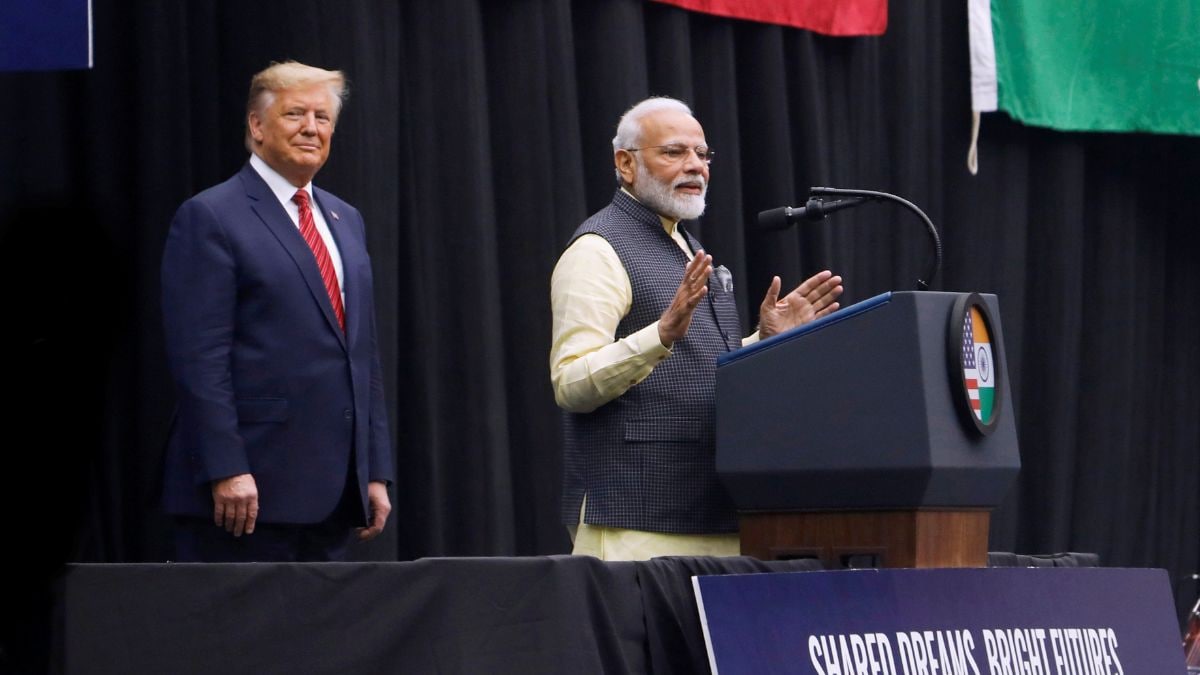

In a recent phone call with former US President Donald Trump, Prime Minister Narendra Modi firmly reiterated India's long-standing position of not accepting any third-party mediation on the Jammu and Kashmir issue with Pakistan. This stance underscores India's unwavering commitment to resolving all matters bilaterally with Pakistan, emphasizing that external interference is neither desired nor required.
The conversation occurred in the backdrop of Trump's repeated offers to mediate between India and Pakistan, a proposition that India has consistently rejected over the years. Modi's direct communication to Trump reinforces the message that India views Jammu and Kashmir as an integral part of the country, and any discussions regarding its status are strictly a bilateral affair.
India's policy of bilateralism concerning Kashmir is deeply rooted in historical agreements and strategic considerations. The Simla Agreement of 1972, signed between India and Pakistan, explicitly outlines that both countries will resolve their differences through peaceful means and bilateral negotiations, without seeking external intervention. This agreement serves as a cornerstone of India's foreign policy on Kashmir, providing a legal and diplomatic basis for rejecting mediation offers from other nations.
Furthermore, India's rejection of mediation stems from a firm belief in its ability to engage directly with Pakistan to address any outstanding issues. New Delhi has consistently maintained that the primary concern is cross-border terrorism emanating from Pakistan and the need for Islamabad to take verifiable steps to dismantle terror infrastructure on its soil. India's focus remains on ensuring its national security and protecting its territorial integrity.
Recent events, including military tensions and ceasefire agreements, have further underscored India's approach to dealing with Pakistan. While the United States has, at times, claimed to have played a role in de-escalating tensions, India has asserted that any such de-escalation was a result of direct communication between the Director Generals of Military Operations (DGMOs) of the two countries.
Moreover, India has conveyed a clear message that the only topic of discussion with Pakistan regarding Kashmir is the vacation of Pakistan-occupied Kashmir (PoK). This position reflects India's stance that Pakistan must address its illegal occupation of the territory before any meaningful dialogue can take place.
The Indian government, through its officials, has consistently reiterated that Jammu and Kashmir is a bilateral issue, not an international one. This stance is a matter of national consensus, transcending political ideologies and governments. By firmly communicating this position to international leaders like Donald Trump, India seeks to avoid any ambiguity or misinterpretations regarding its policy on Kashmir.
In essence, India's message is clear: it is committed to resolving issues with Pakistan bilaterally, within the framework of the Simla Agreement, and without external mediation. The focus remains on addressing cross-border terrorism and ensuring the vacation of Pakistan-occupied Kashmir, while safeguarding India's sovereignty and territorial integrity.